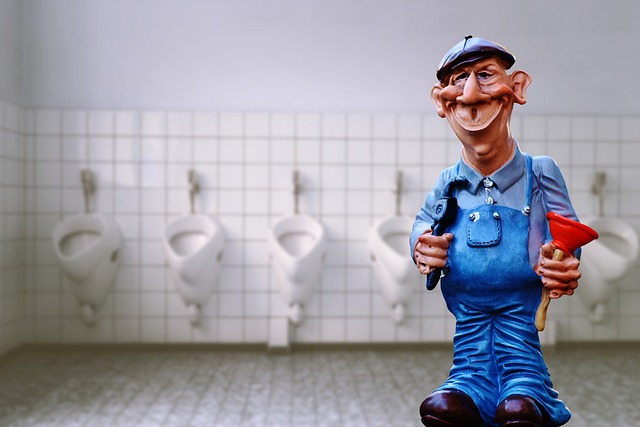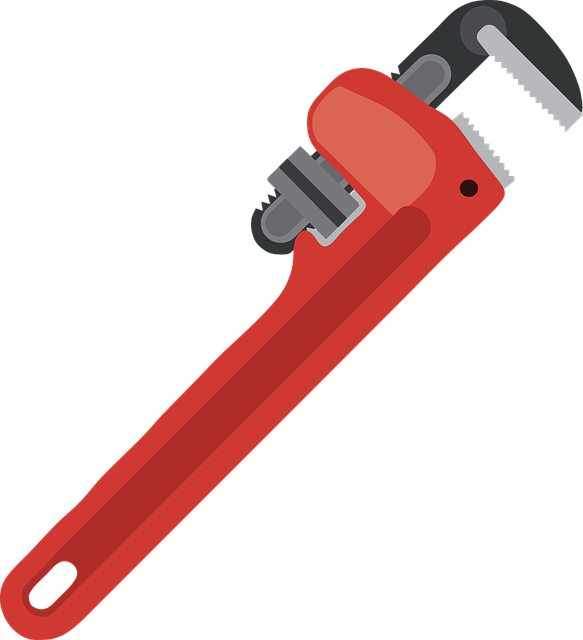Regular plumbing maintenance prevents costly repairs by addressing common issues like clogs (from non-biodegradable items) and low water pressure. Homeowners should schedule annual check-ups, clean traps, avoid improper disposal, maintain water heaters, and use water-efficient fixtures to keep their systems running smoothly; thus reducing the need for emergency plumber visits.
As a homeowner, you rely on your plumbing system every day. To keep it running smoothly, understanding common plumbing issues and implementing regular maintenance tasks is crucial. This guide offers practical advice from professional plumbers on how to prevent leaks, clogs, and other common problems. By following these best practices, you can extend the life of your plumbing system and avoid costly repairs. Stay informed and take control of your home’s plumbing health today!
- Understanding Common Plumbing Issues and How to Prevent Them
- Regular Maintenance Tasks for Optimal Plumbing Health
Understanding Common Plumbing Issues and How to Prevent Them

Many common plumbing issues can be easily prevented with proper care and maintenance, saving homeowners time and money on costly repairs. One of the most frequent problems is clogs in sinks, toilets, or drains. These are often caused by disposing of inappropriate items like grease, coffee grounds, or sanitary products down the drain. Preventative measures include using drain covers to catch hair and other debris, regularly cleaning out traps under sinks, and avoiding flushing non-biodegradable materials.
Another prevalent issue is low water pressure, which can be attributed to mineral buildup in pipes or aerator issues. Homeowners can prevent this by scheduling regular professional inspections and maintaining the water heater. Additionally, replacing old plumbing fixtures with water-efficient models can significantly reduce water usage and potential problems related to high water consumption. Regular maintenance, coupled with a basic understanding of these common causes, will help keep your plumbing system running smoothly, minimizing the need for emergency plumber visits.
Regular Maintenance Tasks for Optimal Plumbing Health

Regular maintenance is key to keeping your plumbing system in top shape and avoiding costly repairs. Homeowners should schedule routine check-ups with a plumber at least annually, as this allows for early detection of potential issues. During these visits, professionals can inspect pipes, faucets, toilets, and other fixtures for any signs of damage, corrosion, or leaks. They can also provide recommendations tailored to your home’s specific plumbing setup.
Some maintenance tasks that homeowners can do on their own between professional visits include checking for leaks around fixtures and under sinks, cleaning out drain traps regularly to prevent clogs, and flushing the water heater once a year to remove sediment buildup. These simple steps can significantly contribute to the longevity of your plumbing system and help maintain optimal performance.
By implementing these best practices for plumbing care, homeowners can significantly reduce common issues and extend the life of their plumbing systems. Regular maintenance, such as cleaning drains and checking water pressure, is essential, while staying informed about potential problems empowers you to call on a professional plumber when needed. Remember, proactive measures save time, money, and headaches in the long run.
